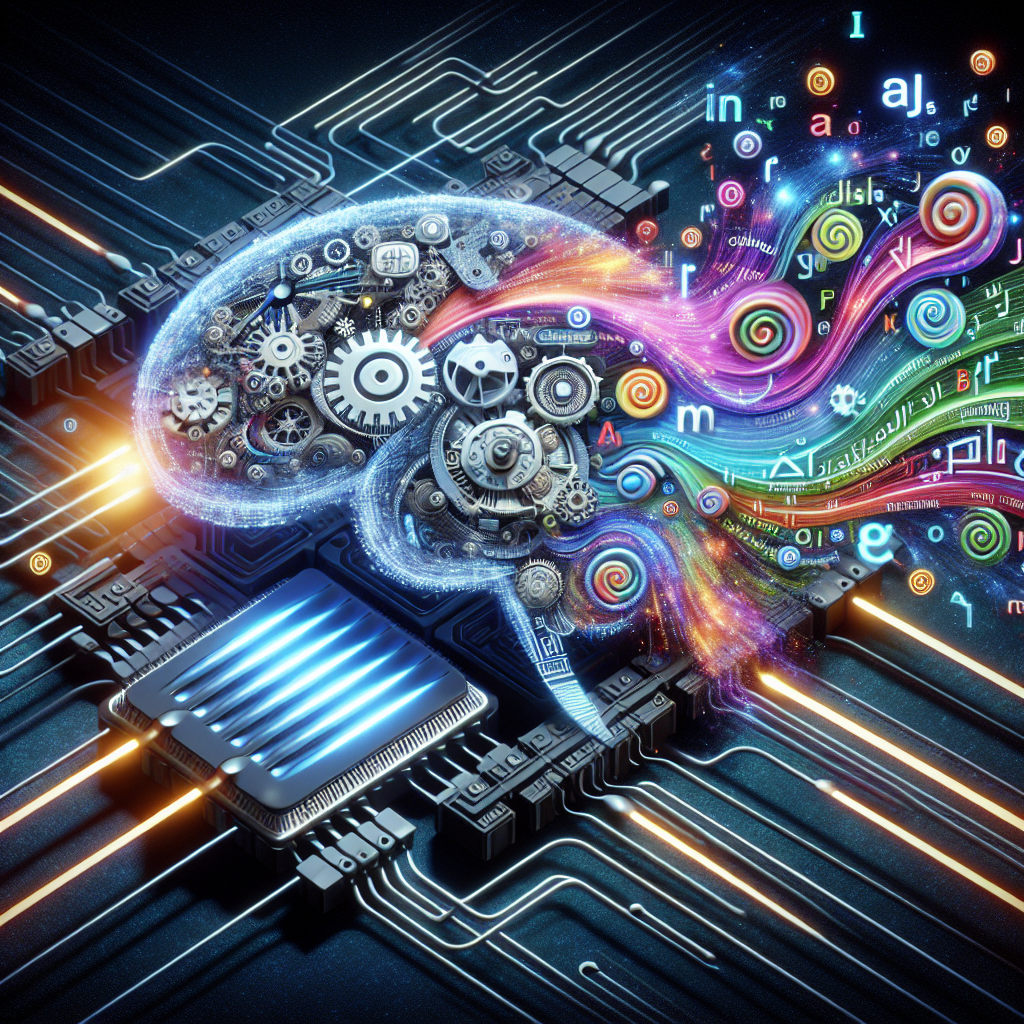October 3, 2024
GenAI-Powered NLP – Precision in Decoding Language
Book a Demo
Natural Language Processing (NLP) is a transformative technology that bridges the gap between human communication and computer understanding. By processing and analyzing vast amounts of natural language data, NLP enables machines to understand, interpret, and generate human language in a valuable way. This capability is crucial in today’s digital landscape, where seamless human-computer interaction is not just desired but expected. NLP applications range from simple text recognition to complex language translation, sentiment analysis, and even content generation, making it a cornerstone of modern AI applications.
GenAI in NLP
Generative AI (GenAI) has been a game-changer in the field of NLP. By leveraging large-scale neural networks and vast datasets, GenAI enhances the ability of NLP systems to generate coherent and contextually relevant text. This integration allows for a more nuanced understanding of language, enabling models to perform tasks such as language translation, summarization, and dialogue generation with unprecedented accuracy. GenAI’s role in NLP extends to creating more responsive and adaptable systems, capable of learning from new data and improving over time.
Advanced NLP Models
The development of advanced NLP models, such as transformers, has marked a significant milestone in AI research. These models, characterized by their ability to process and generate text with high contextual accuracy, have set new standards in the field. Transformers, in particular, are designed to handle long-range dependencies in text, allowing them to understand the context and meaning behind complex language structures. This capability is vital for tasks such as sentiment analysis and language generation, where understanding the subtleties of human language is essential.
Understanding Language Variations
One of the most challenging aspects of NLP is detecting subtle language variations, including irony and sarcasm. These nuances often require a deep understanding of context and cultural references, making them difficult for traditional NLP models to interpret accurately. Advanced NLP models overcome these challenges by employing sophisticated algorithms and machine learning techniques that account for context and sentiment. By doing so, they can discern the intended meaning behind seemingly contradictory or sarcastic statements, providing a more accurate analysis of text.
Detection and Identification of Hate Speech
The ability to detect and identify hate speech is crucial for maintaining safe and inclusive online environments. Advanced NLP models are equipped with tools to recognize patterns and sentiments associated with harmful language, even when it is disguised in irony or sarcasm. By leveraging sentiment analysis and natural language understanding, these models can flag inappropriate content, thereby contributing to more effective content moderation and reducing the spread of hate speech on digital platforms.
Applications in Real-world Scenarios
NLP technologies, powered by GenAI, are being deployed across various industries to enhance operations and improve user experiences. In customer service, chatbots powered by NLP provide instant responses and assistance, streamlining support processes. In healthcare, NLP assists in analyzing patient data and medical literature to provide insights and improve treatment outcomes. Furthermore, real-time language translation powered by NLP facilitates global communication, breaking down language barriers in business and education.
Ethical Considerations
As with any powerful technology, the use of NLP raises important ethical questions, particularly concerning biases and fairness. NLP models trained on biased data can perpetuate or even amplify existing prejudices, leading to unfair treatment or discrimination. Addressing these issues requires ongoing efforts to ensure that NLP systems are transparent, accountable, and inclusive. Researchers and developers must work to create unbiased datasets and implement checks to prevent discriminatory behavior, promoting fairness and equity in AI applications.
Advanced NLP models, empowered by GenAI, represent a significant leap forward in how machines understand and process human language. As these technologies continue to develop, they promise to unlock new possibilities in language processing and human-computer interaction. However, the ethical implications of their use must remain a central consideration to ensure that the benefits of NLP are realized equitably and responsibly.
Connect with our expert to explore the capabilities of our latest addition, AI4Mind Chatbot. It’s transforming the social media landscape, creating fresh possibilities for businesses to engage in real-time, meaningful conversations with their audience



